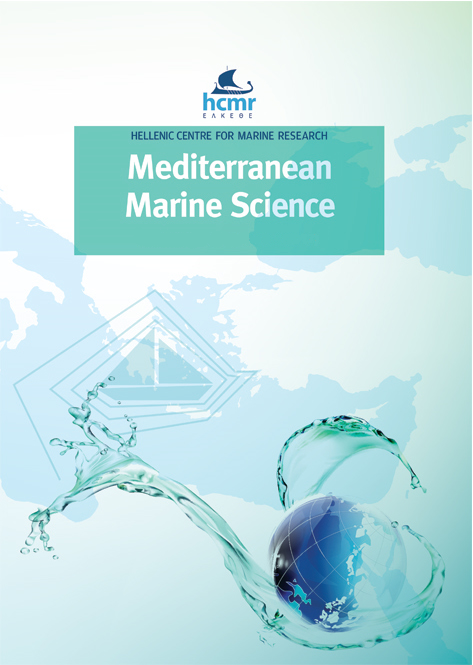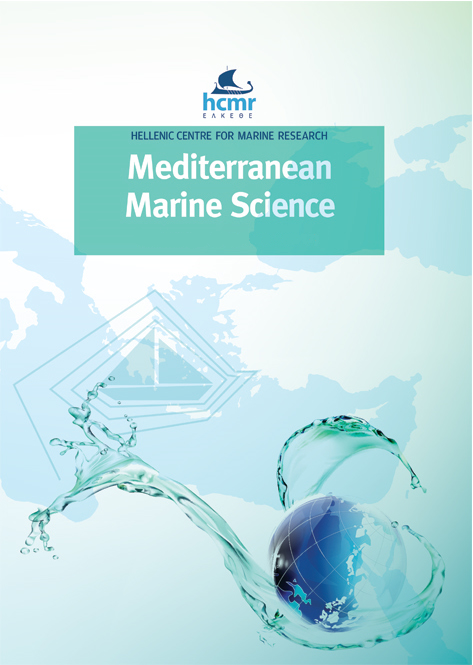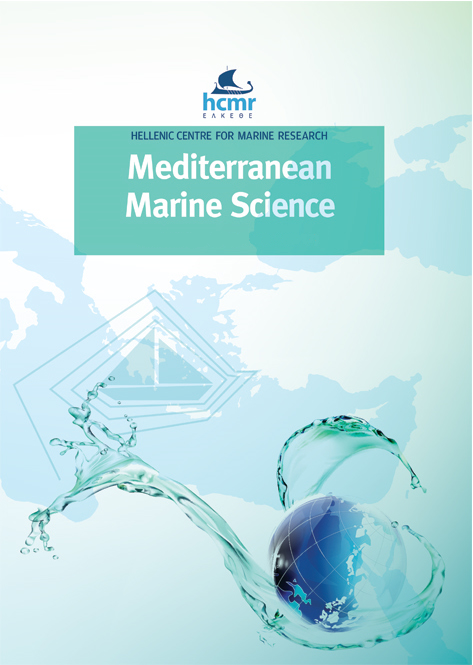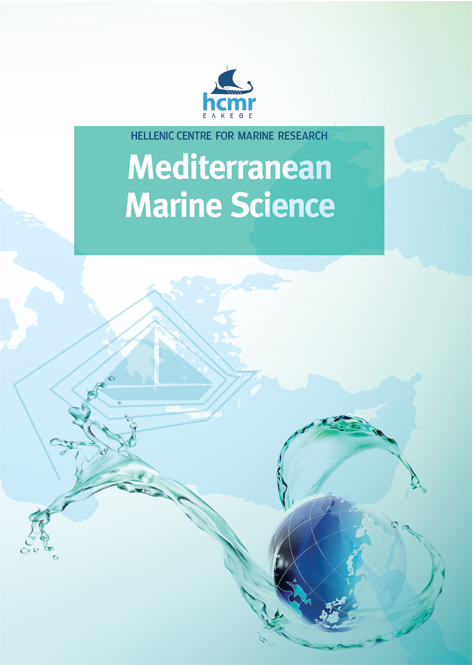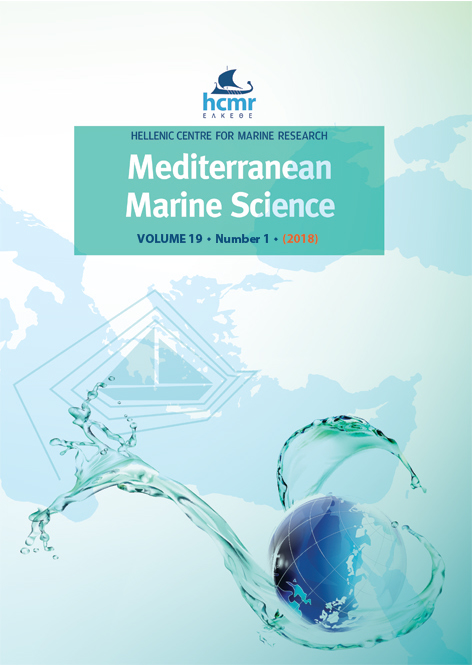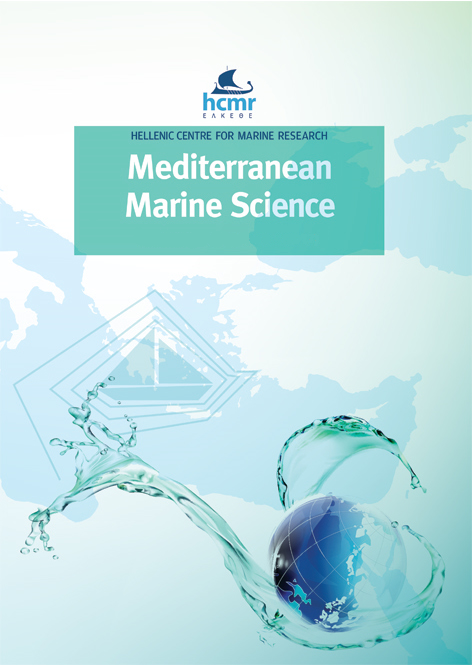Updating the national checklist of marine fishes in Spanish waters: An approach to priority hotspots and lessons for conservation
Résumé
In response to a request from the Spanish Ministry of Farming, Fishing, Food, and Environment (Spanish: Agricultura, Pesca, Alimentación y Medio Ambiente) in 2015, a fish expert group was formed to provide a reference list of marine fish species according to five regions (marine demarcations) established by Spanish Law 41/2010 on the protection of the marine environment. The objective of this article was to update and analyse the data compiled in the marine fish species checklist in order to: 1) provide a complete list of marine fish species in the Spanish Exclusive Economic Zone; 2) compare this checklist between bio-geographical areas; and 3) identify possible priority hotspots for their conservation. We applied several indices, such as the total number of species in each area, species richness, and the Biodiversity Conservation Concern index. We discuss gaps in knowledge and the lessons learned for conservation purposes. A total of 1075 marine fishes were reported in Spanish waters. Most of these fish were well determined, whereas a few were treated as uncertain. The marine demarcation with the most species is the Canary Islands with 795 species, followed by the Spanish north coast demarcation with 506 species. However, the marine demarcations with the most species per area are the Spanish coast of the Gulf of Cádiz and the Strait of Gibraltar-Alboran Sea.
Article Details
- Comment citer
-
BÁEZ, J. C., RODRÍGUEZ-CABELLO, C., BAÑÓN, R., BRITO, A., FALCÓN, J. M., MAÑO, T., BARO, J., MACÍAS, D., MELÉNDEZ, M. J., CAMIÑAS, J. A., ARIAS-GARCÍA, A., GIL, J., FARIAS, C., ARTEXE, I., & SÁNCHEZ, F. (2019). Updating the national checklist of marine fishes in Spanish waters: An approach to priority hotspots and lessons for conservation. Mediterranean Marine Science, 20(2), 260–270. https://doi.org/10.12681/mms.18626
- Numéro
- Vol. 20 No 2 (2019)
- Rubrique
- Review Article
Authors who publish with this journal agree to the following terms:
- Authors retain copyright and grant the journal right of first publication with the work simultaneously licensed under a Creative Commons Attribution Non-Commercial License that allows others to share the work with an acknowledgement of the work's authorship and initial publication in this journal.
- Authors are able to enter into separate, additional contractual arrangements for the non-exclusive distribution of the journal's published version of the work (e.g. post it to an institutional repository or publish it in a book), with an acknowledgement of its initial publication in this journal.
- Authors are permitted and encouraged to post their work online (preferably in institutional repositories or on their website) prior to and during the submission process, as it can lead to productive exchanges, as well as earlier and greater citation of published work (See The Effect of Open Access).

